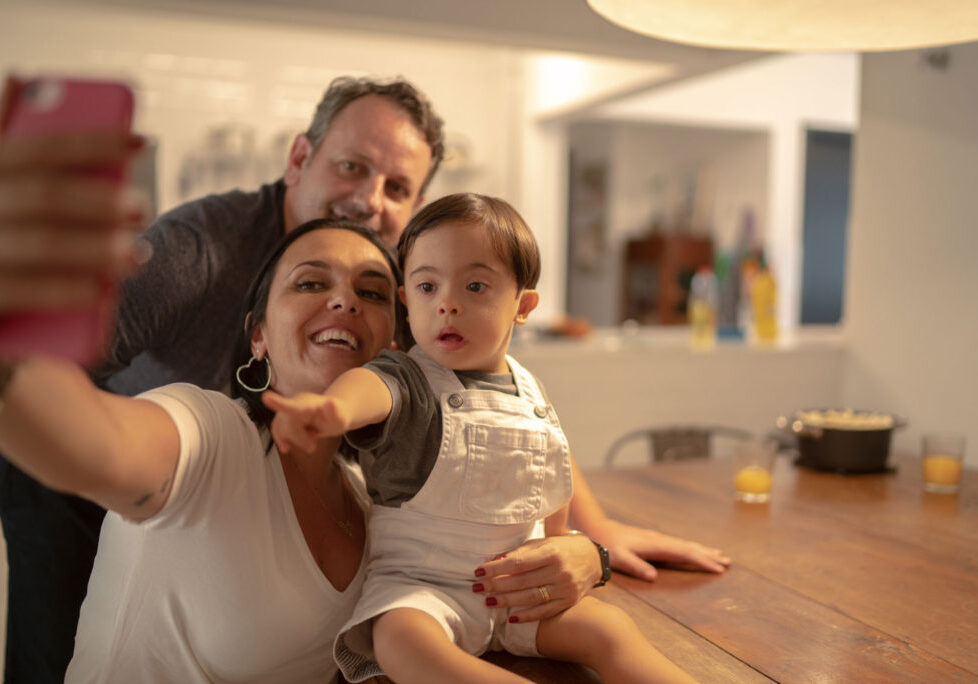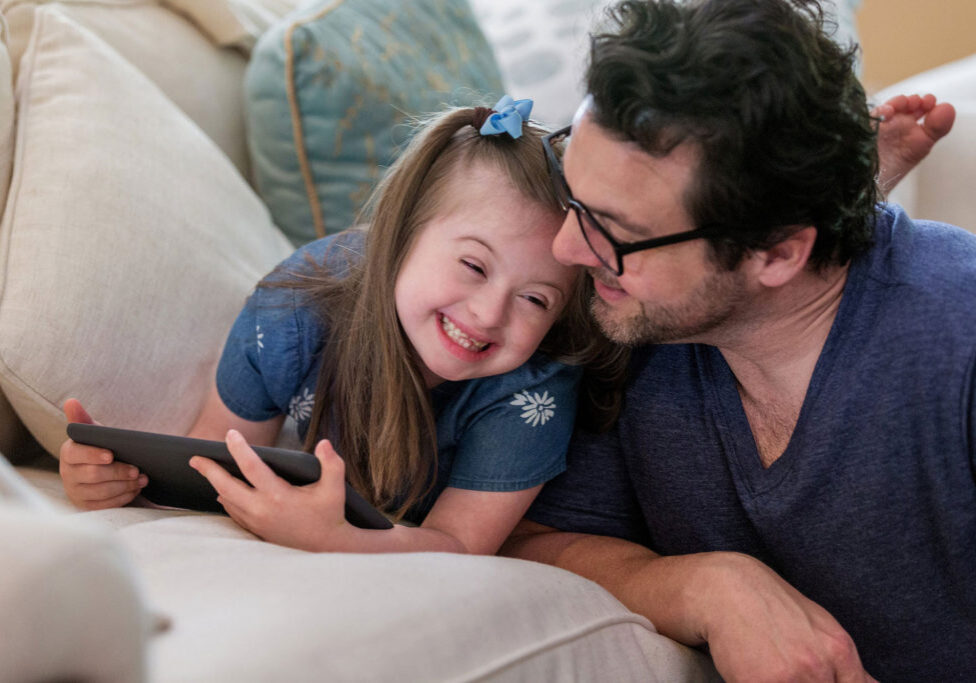Adults with intellectual and developmental disabilities often face unique challenges in accessing quality housing, community participation and care services. Traditional group homes or institutions often lack the personal touch and warmth vital for their holistic development.
This housing issue for disabled individuals poses serious risks and challenges. The absence of a secure, loving environment can lead to deterioration in physical health, mental well-being, and the inability to thrive in society. Many disabled adults already grapple with numerous life challenges. Living in an unsupportive environment without the care they need only exacerbates these problems.
California MENTOR is an organization that provides support services for individuals with disabilities and their families. Their Family Home Agency (FHA) program integrates individuals with disabilities into supportive communities by pairing them with dedicated caregivers, known as Mentors. Mentors provide a family environment, creating an atmosphere where Individuals are loved, respected and included. It is a unique business “all about building relationships,” says Jocelyn Montoya, Mentor Recruiter for the California MENTOR program.
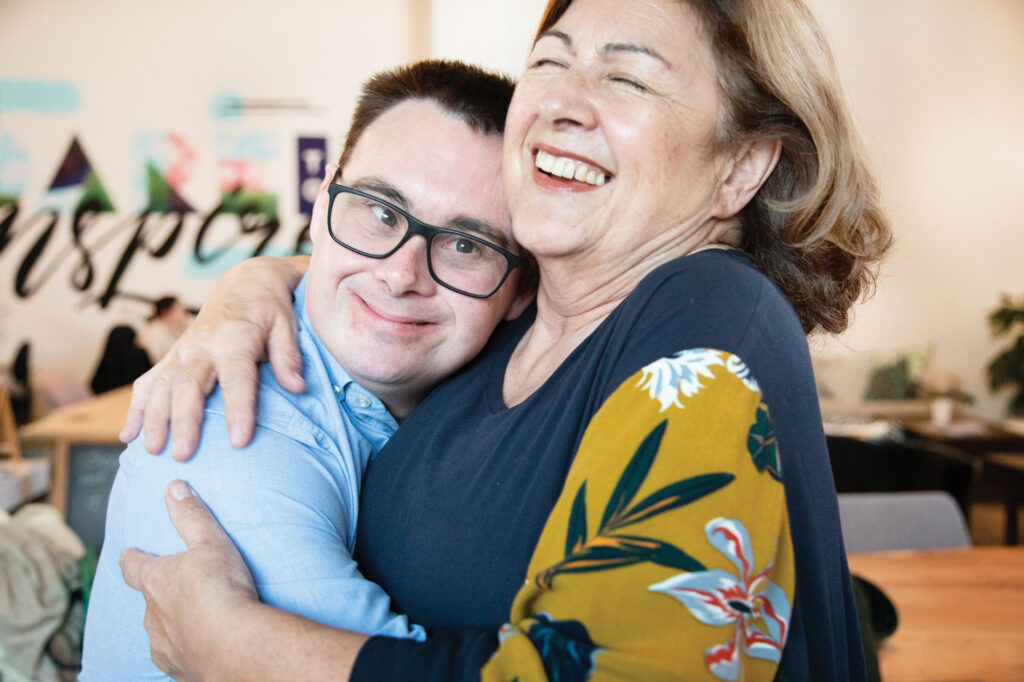
Mentors provide a family environment in which Individuals are loved, respected and included.
Family Home Agency partners with many service providers in the North State
California MENTOR is part of a nationwide company named Sevita, based in Boston, that has been in business since 1980. The Family Home Agency remains one of California MENTOR’s most essential programs. Living in the Mentor’s home, individuals develop meaningful relationships and enjoy an enriched life and opportunities to grow.
California MENTOR contracts with the Department of Developmental Services, regional centers, individual mentors and external vendors. The Family Home Agency program serves adults over 18 who receive services from regional centers. In the North State, Far Northern Regional Center refers individuals to the FHA program, where they are meticulously paired with a mentor.
Family Home Agency provides a holistic approach to care
Jocelyn explains that the FHA program works with people with “different levels of ability and needs.” Typical diagnoses of individuals in the program include cerebral palsy, autism and intellectual and developmental disabilities.
Some of the personalized supports the FHA program provides are:
- Life skills development
- Life skills development
- Behavioral supports
- Assistance with ADLs (activities of daily living)
- Medication management oversight
- Clinical support services (medical or therapeutic interventions designed to enhance health, functional abilities and overall quality of life).
- Community integration
In addition to their Mentor, individuals in the FHA program have a service coordinator who meets with them regularly. This coordinator provides 24-hour on-call support for the Mentor and/or the individual as needed. Respite services are also available for the Mentors. The FHA Program is unable to serve those who are medically fragile and may need a higher level of care, which is beyond the scope of typical mentor requirements. Mentors can receive a stipend of between $2,800 and $5,100 per month when someone is in their home.
Support and education provided to Mentors facilitates successful outcomes
To ensure successful matches, the FHA team offers continuous support, supervision and education. The FHA program looks at the interests, skills and personalities of the individual and the Mentor to help facilitate a successful match. The Mentors provide essential support for the individuals in the program, such as three meals a day with snacks in between and opportunities to be involved in their everyday family life – community outings and events, fostering independence and reaching their goals.
Mentors come from all walks of life and are selected with care to ensure that they offer secure and supportive homes. Jocelyn says many Mentors are “empty nesters,” but overall, they are community members who share a passion for making a difference and a commitment to the individuals they serve.
Given the nature of the FHA program, Mentors must be at least 21 years old. The program also performs rigorous screenings, including background checks, home visits and in-person interviews. Mentors are also offered a comprehensive orientation and additional education in subjects such as crisis prevention and CPR.
For more information, visit ca-mentor.com.
Posted in: Special Needs
Comment Policy: All viewpoints are welcome, but comments should remain relevant. Personal attacks, profanity, and aggressive behavior are not allowed. No spam, advertising, or promoting of products/services. Please, only use your real name and limit the amount of links submitted in your comment.
You Might Also Like...
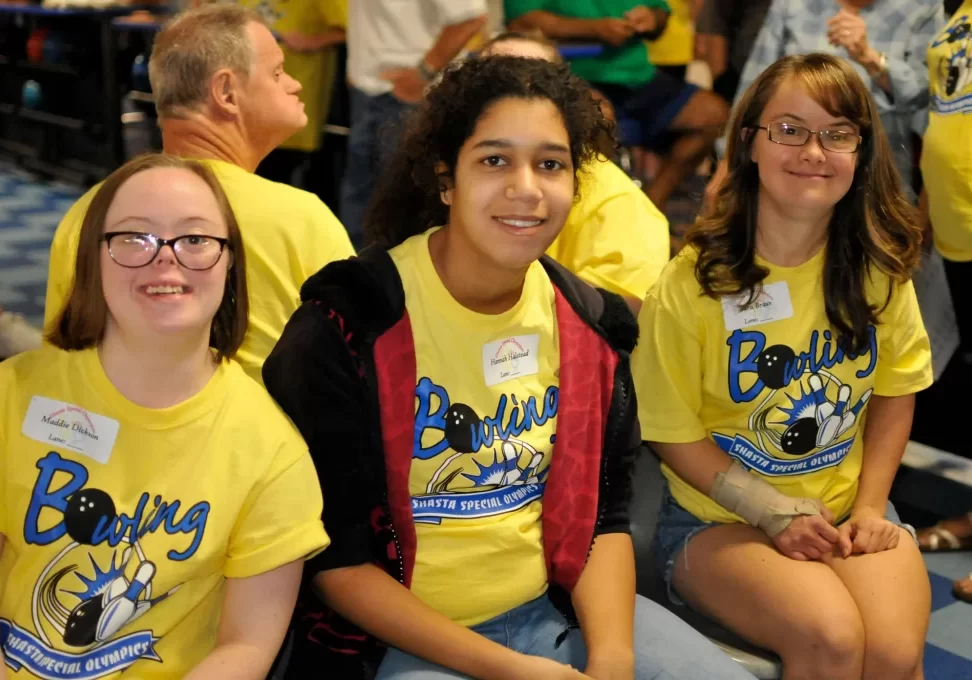
Fostering a More Inclusive Community: Special Olympics of Northern California
The Special Olympics, founded by Eunice Kennedy Shriver in 1968, is an organization that serves millions of athletes in over 190 countries, promoting inclusivity, empowerment and community engagement. Here in […]

What to Pack in a “To-Go” Hospital Bag in Case of an Emergency
If you’re the parent of a medically complex child, you’re probably used to the unexpected. It’s crucial, especially with everything happening with COVID-19, to prepare for anything, including a medical […]

Art Therapy – A Healthy, Creative Outlet for Kids with Special Needs
Art has been used for decades as an outlet to provide relief from stress and anxiety for people of all ages and abilities. It has also been shown to improve […]
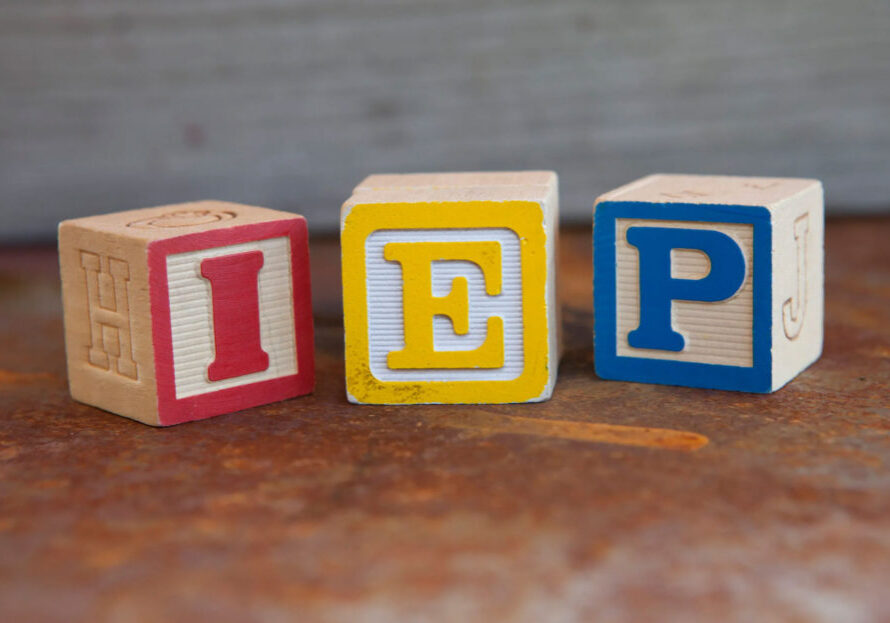
What to Do if Your Child’s IEP Isn’t Being Followed
If you are a parent of a child with special needs, you most likely know what an Individualized Educational Plan (IEP) is. For those who aren’t familiar with the term, […]



